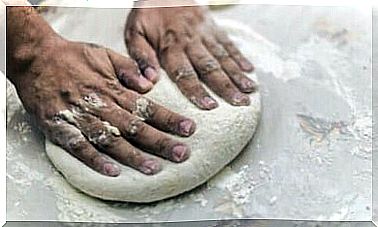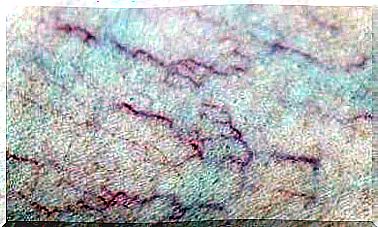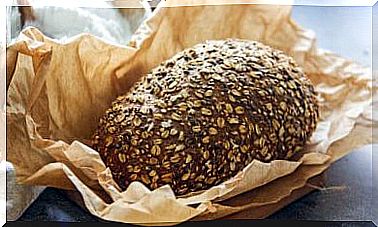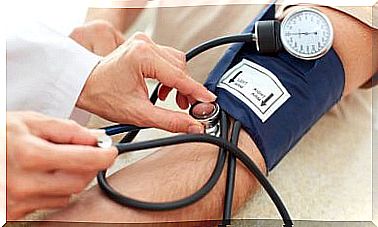What To Do In Case Of Gastroenteritis In The Baby?
Gastroenteritis in babies is a disease that requires increased surveillance and follow-up to avoid complications. We give you more information in this article.
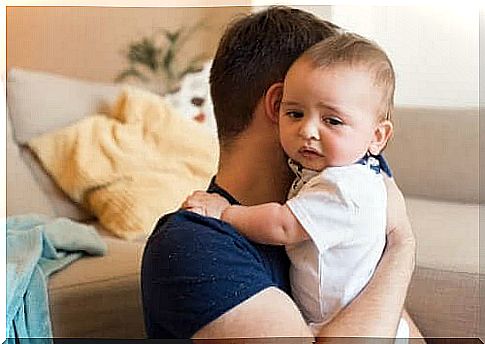
Gastroenteritis in babies is a disease that can lead to serious problems. This is why it is important to identify it as soon as possible and to follow some instructions.
To avoid complications, you must know its warning signs, as well as special care. Preventive measures, such as the rotavirus vaccine, should be taken into account from an early age, following the recommendations of the pediatrician.
What is gastroenteritis in babies?
It is an inflammatory digestive disease that usually affects the stomach or intestines. It often begins with the following symptoms:
- Diarrhea: The baby’s normal stools are loose or watery. This makes it difficult to identify diarrhea. If you notice changes in the stool, see your pediatrician
- Vomiting: It is important to differentiate it from regurgitation. It should be known that vomiting consists of a forceful outflow of food and that regurgitation is rather an easy outflow of fluids, often accompanied by belching.
- Fever: external temperature (measured under the armpit or groin) greater than 37.5 ° C
- Abdominal pain: this is the most difficult symptom to identify since it only presents with crying
What causes gastroenteritis in babies?
The main cause of this condition are infectious diseases which can appear due to virus, bacteria and parasites. Among the viruses, rotavirus is the most common and the most important in developed countries.
This disease can also be due to non-intestinal infections such as ear infections or urinary tract infection. It can also appear with non-infectious diseases such as changes in diet or other more systemic illnesses.
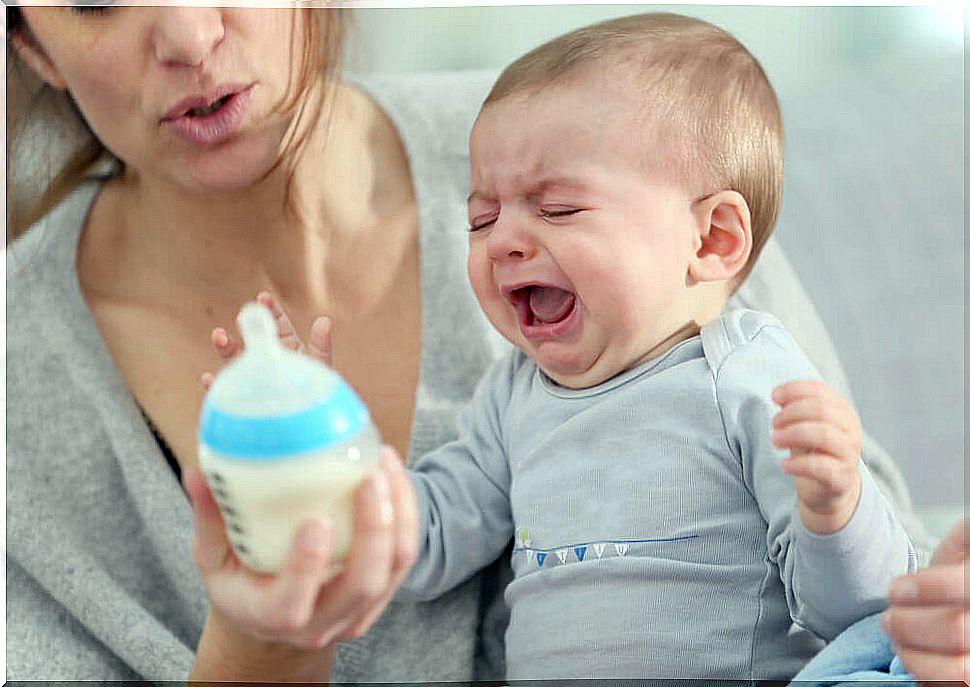
What to do to prevent this disease?
In order to be able to prevent gastroenteritis in the baby, we will have to determine what is the main cause. As we mentioned before, germs are the main culprits and we must prevent their transmission.
It is therefore necessary to adopt various gestures that promote the breaking of the chain of transmission of germs:
- Ensure frequent hand hygiene: this is one of the main actions to break the chain of transmission of germs
- Follow the recommendations in terms of storing baby’s milk, whether breastfeeding or powdered.
- Avoid contact with adults or children who show signs of illness: when doubting whether or not it is contagious, maintain prudent driving and avoid visits
- Do not kiss babies’ mouths or hands if you suspect a possible infection. Indeed, saliva is a conductor of many pathogens
- Maintain good nipple hygiene: wash the nipples daily
- Up-to-date vaccines : ask your pediatrician about the rotavirus vaccine
When to go to the doctor?
Gastroenteritis in babies is a disease that requires special vigilance on the part of parents or family members. Among the most common complications are :
- Dehydration from excessive loss of water and electrolytes
- Hypoglycemia due to low blood sugar levels
- Transient lactose intolerance, due to the loss of enzymes in the walls of the intestine
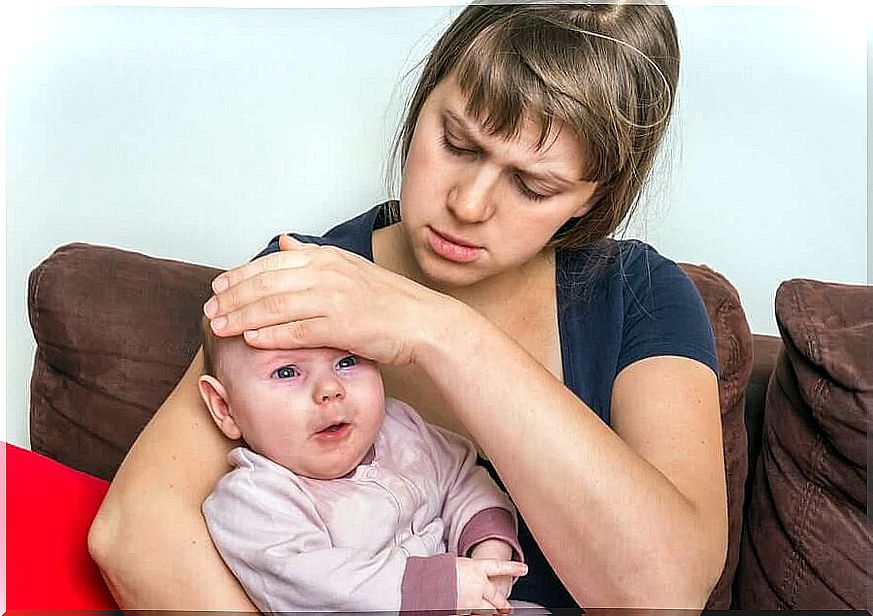
To avoid this kind of situation, it is essential to go to the pediatrician or to the emergency room in front of the following warning signs:
- Diarrhea in babies less than 6 months old
- Fever at 38 ° C or higher
- Vomiting or refusing all meals
- Weight loss observed
- Stools containing blood or mucus
The pediatrician will be able to establish a diagnosis of gastroenteritis after auscultation. The pediatrician may order a stool culture to detect the causative organism.
What is the treatment for gastroenteritis in babies?
When a baby seems to be showing signs of gastroenteritis, parents should be attentive and check the tolerance of foods:
- Continue breastfeeding: this is one of the main measures in babies or infants. However, the powdered milk should not be diluted. It is also necessary to maintain the same dosage in the preparation
- The pediatrician, after examination, can detect the need to prescribe treatment for the baby based on the provision of oral supplements for hydration
- If he cannot tolerate oral fluids, the doctor may prescribe intravenous hydration to promote recovery and avoid serious complications.
Do you suspect that your baby is suffering from this disease? If you identify its symptoms, see your pediatrician as soon as possible. The healthcare professional could determine the appropriate treatment based on the child’s needs.

